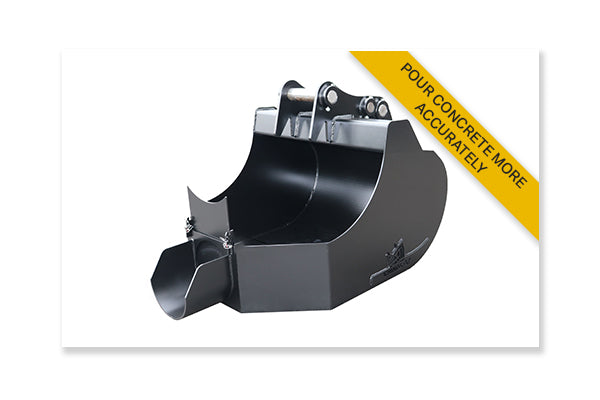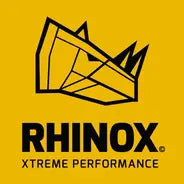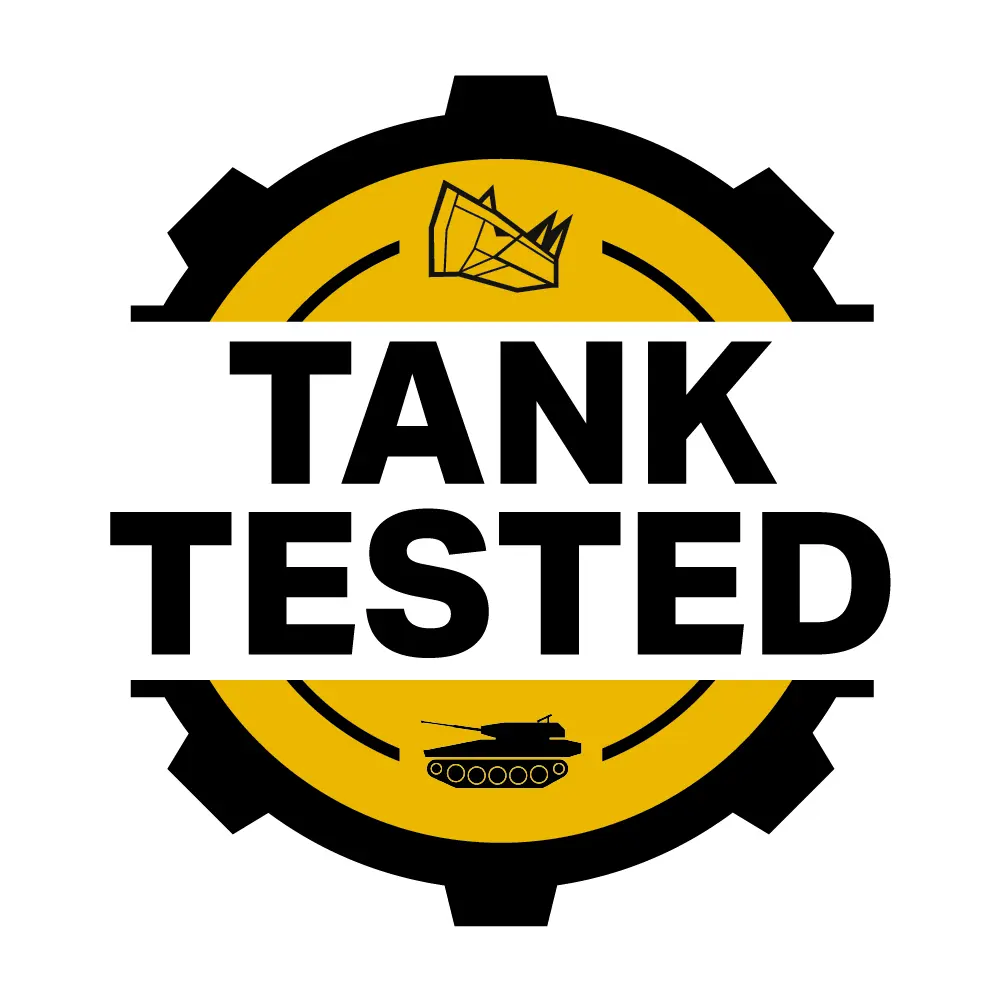Rhinox Group Ltd policy is to act and conduct business in an ethically responsible manner and to seek to purchase goods and services which:
- are produced and delivered under conditions that do not involve the abuse or exploitation of any persons;
- have the least negative impact on the environment.
Such considerations will form part of the evaluation and selection criteria for all goods and services purchased by Rhinox Group Ltd.
This Policy applies to Rhinox Group Ltd (otherwise referred to as ‘the Company’) and to its suppliers and subcontractors.
PURPOSE
The purpose of the policy is to:
- promote good labour and environmental standards in the supply chains of the Company;
- to protect the Company’s reputation.
CODE OF CONDUCT FOR SUPPLIERS & OUR OWN COMPANY
Suppliers adopting this Code of Conduct should commit to continuous improvement, as we do, towards compliance with the labour and environmental standards specified, both in their own companies and those of their suppliers.
LABOUR STANDARDS
The labour standards in this code are based on the conventions of the International Labour Organisation (ILO) and the SA8000 standard for Social Accountability.
Employment is freely chosen:
- There is no forced, bonded or involuntary prison labour.
- Workers are not required to lodge ‘deposits’ or their identity papers with the employer and are free to leave their employer after reasonable notice.
Freedom of association and the right to collective bargaining are respected:
- Workers, without distinction, have the right to join or form trade unions of their own choosing and to bargain collectively.
- The employer adopts an open attitude towards the legitimate activities of trade unions. Workers representatives are not discriminated against and have access to carry out their representative functions in the workplace.
Working conditions are safe and healthy:
- A safe and healthy working environment shall be provided, bearing in mind the prevailing knowledge of the industry and of any specific hazards.
- Adequate steps shall be taken to prevent accidents and injury to health arising out of, associated with, or occurring in the course of work, by minimising, so far as is reasonably practicable, the causes of hazards inherent in the working environment.
- Workers shall receive regular and recorded health and safety training, and such training shall be repeated for new or reassigned workers.
- The Company shall establish systems to detect, avoid, or respond to potential threats to the health and safety of all personnel.
- The Company shall provide, for use by all personnel, access to clean toilet facilities and potable water, and, if appropriate, sanitary facilities for food storage.
- Accommodation, where provided, shall be clean, safe, and meet the basic needs of the workers.
- A senior management representative shall be appointed as responsible for the health and safety of all personnel.
Child Labour shall not be used:
- The Company shall not engage in or support the use of child labour (i.e. persons under 15 years of age).
- Where child workers are employed, policies and procedures must be established for the remediation of children, with adequate support to attend and remain in school until no longer a child as defined above. In these situations, children and young workers must not be employed during school hours and their combined hours of daily transportation (to and from work and school), school and work time must not exceed 10 hours a day.
- Children and young workers under 18 years of age shall not be exposed to situations in (or related to) the workplace that are hazardous, unsafe or unhealthy.
Living wages are paid:
- The Company shall ensure that wages paid for a standard working week meet, as a minimum, legal or industry standards, whichever is higher.
- In any event, wages should always be sufficient to meet the basic needs of personnel and to provide some discretionary income.
- Wage and benefits composition must always be detailed clearly and regularly for workers, and all workers shall be provided with written and understandable information about their employment conditions in respect to wages before they enter employment. Remuneration must be in a manner convenient to workers, such as in cash, BACS, or cheque form.
- Deductions from wages as a disciplinary measure shall not be permitted nor shall any deductions from wages not provided for by national law be permitted without the express and informed permission of the worker concerned. All disciplinary measures should be recorded.
- Labour-only contracting arrangements and false apprenticeship schemes shall not be undertaken by the Company in an effort to avoid fulfilling obligations to personnel under applicable laws pertaining to labour and social security legislation and regulations.
Working hours are not excessive:
- Working hours shall comply with applicable laws and industry standards, whichever affords greater protection.
- In any event, workers shall not on a regular basis be required to work in excess of 48 hours per week and shall be provided with at least one day off for every 7 day period on average.
- Where working over 48 hours per week is required, workers may choose voluntarily to opt-out of the 48-hour working week agreement. This opt-out agreement must be re-signed annually and may be withdrawn by the employee in writing at any time, allowing for reasonable notice.
- Overtime shall be voluntary, shall not exceed 12 hours per week, shall not be demanded on a regular basis and shall always be compensated at a premium rate.
No discrimination is practised:
- There must be no discrimination in hiring, compensation, access to training, promotion, termination or retirement based on race, caste, national origin, religion, age, disability, gender, marital status, sexual orientation, union membership or political affiliation, with all such decisions made on the person’s ability to carry out the work.
Regular employment is provided:
- To every extent possible work performed must be on the basis of a recognised employment relationship established through national law and practice.
- Obligations to employees under labour or social security laws and regulations arising from the regular employment relationship shall not be avoided through the use of labour-only contracting, sub-contracting or home-working arrangements, or through apprenticeship schemes where there is no real intent to impart skills or provide regular employment, nor shall any such obligations be avoided through the excessive use of fixed-term contracts of employment.
No harsh or inhumane treatment is allowed:
- Physical abuse or discipline, the threat of physical abuse, sexual or other harassment and verbal abuse or other forms of intimidation shall be prohibited.
ENVIRONMENTAL STANDARDS
Suppliers should as a minimum comply with all statutory and other legal requirements relating to the environmental impacts of their business, as our own company does. Detailed performance standards are a matter for suppliers, but should address at least the following:
Waste Management:
- Waste is minimised and items recycled whenever this is practicable.
- Effective controls of waste in respect of ground, air, and water pollution are adopted. In the case of hazardous materials, emergency response plans are in place.
Packaging and Paper:
- Undue and unnecessary use of materials is avoided, and recycled materials used whenever appropriate.
Conservation:
- Processes and activities are monitored and modified as necessary to ensure conservation of scarce resources, including water, flora and fauna and productive land in certain situations.
Energy Use:
- All production and delivery processes, including the use of heating, ventilation, lighting, IT systems and transportation, are based on the need to maximise efficient energy use and to minimise harmful emissions.
BUSINESS BEHAVIOUR
The conduct of the supplier should not violate the basic rights of the Company’s intended beneficiaries. The supplier should not be engaged:
- in the manufacture of arms;
- in the sale of arms to governments which systematically violate the human rights of their citizens; or where there is internal armed conflict or major tensions; or where the sale of arms may jeopardise regional peace and security.
Corporate Social Responsibility:
The company will endeavour to maintain a wider commitment to helping to build a better society in general, beyond profit maximisation and the best insular interests of the company, its staff and its shareholders.
The company will consider the needs of communities and the environment, both through its day-to-day business activities and extra-curricular activities such as charitable donations, with particular commitment to those communities local to our business operations.
OPERATING PRINCIPLES FOR THE COMPANY AND SUPPLIERS
The implementation of the Code of Conduct for Suppliers will be a shared responsibility between the Company and its suppliers, informed by a number of operating principles, which will be reviewed from time to time.
The Company will:
- Assign responsibility for ensuring compliance with the Code of Conduct to a senior manager.
- Communicate its commitment to the Code of Conduct to employees, supporters and donors, as well as to all suppliers of goods and services.
- Make appropriate human and financial resources available to meet its stated commitments, including training and guidelines for relevant personnel.
- Provide guidance and reasonable non-financial support to suppliers who genuinely seek to promote and implement the Code standards in their own business and in the relevant supply chains, within available resources.
- Adopt appropriate methods and systems for monitoring and verifying the achievement of the standards.
- Seek to maximise the beneficial effect of the resources available, where required, e.g. by collaborating with other Non-Governmental Organisations, and by prioritising the most likely locations of non-compliance.
- Report progress in implementing the Code annually to the corporate management of the Company and other stakeholders including staff and suppliers.
The Company expects suppliers to:
- Accept responsibility for labour and environmental conditions under which products are made and services provided. This includes all work contracted or sub-contracted and that conducted by home or other out-workers.
- Assign responsibility for implementing the Code of Conduct to a senior manager.
- Make a written Statement of Intent regarding the company’s policy in relation to the Code of Conduct and how it will be implemented, if requested by the Company, and communicate this to staff and suppliers as well as to the Company.
- Report progress in implementing the Code annually, either by describing actions taken to fulfil the Statement of Intent, or by completing a questionnaire, as requested by the Company.
Both parties will:
- Require the immediate cessation of serious breaches of the Code and, where these persist, terminate the business relationship.
- Seek to ensure all employees are aware of their rights and involved in the decisions, which affect them.
- Avoid discriminating against enterprises in developing countries.
- Recognise official regulation and inspection of workplace standards, and the interests of legitimate trade unions and other representative organisations.
- Seek arbitration in the case of unresolved disputes.
QUALIFICATION TO THE POLICY STATEMENT
The Company can accept neither uncontrolled cost increases nor drops in quality. It accepts appropriate internal costs but will work with suppliers to achieve required ethical standards as far as possible at no increase in cost or decrease in quality.
This Policy will be reviewed following any changes to working practices or applicable legislation, or at least annually.
COMPLIANCE
In establishing whether or not any conduct or activity may be in contravention of this policy, ask yourself whether:
- It is legal?
- It is in breach of this or any other policies?
- It could be perceived as bringing you, your colleagues or Southern Plant Spares Ltd into disrepute?
- It could be perceived as compromising you, your colleagues or Rhinox Group Ltd
- It could be considered by the public as ethical, appropriate and acceptable?
If you are in any doubt, stop and contact either your line manager of any member of senior management
Contravention of this Policy could lead to disciplinary action.
Signed by Dale Record - Managing Director
Rhinox Group Ltd
April 2023
Next Review Due April 2024
 Manual Quick Hitch
Manual Quick Hitch
 1.5 Ton Deep Dig Buckets
1.5 Ton Deep Dig Buckets
 Hydraulic Tilt-Ditching Buckets
Hydraulic Tilt-Ditching Buckets
 Pallet Forks
Pallet Forks
 Concrete Pouring Buckets
Concrete Pouring Buckets











